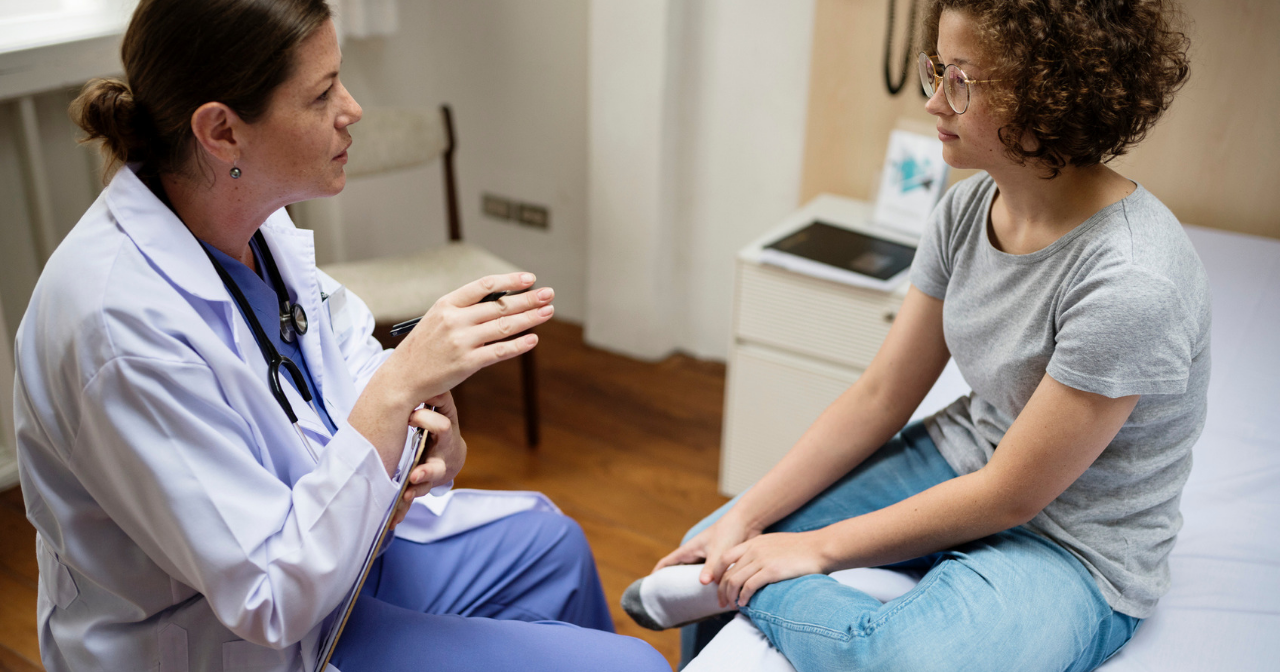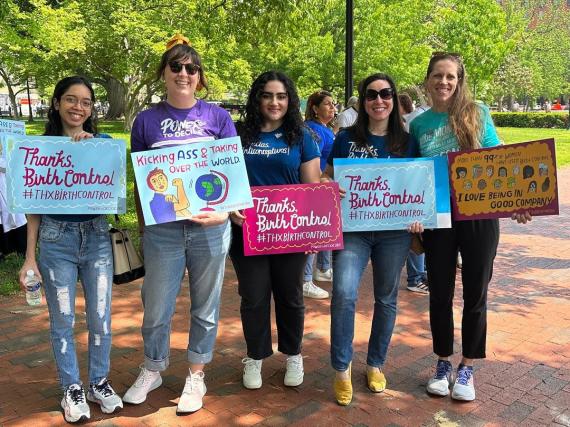Guide for Providers: #TalkingIsPower 2019
Conversations about sex, love, and relationships may start in the exam room, but they should continue after the appointment ends. Having meaningful conversations on these topics should start early and occur often in young people’s lives, which means that it’s also important to educate parents and champions too. While our work varies based on our personal experiences, our patients’ stories, and even the physical layout of our offices, when it comes to talking to teen and young adult patients about sex, love, and relationships, here are a few things that everyone should consider:
Confidentiality.
Being under age 18 doesn’t mean that young people have no right to privacy when seeking medical care or advice. Many states even protect access to confidential counseling and services for sexual activity, pregnancy, HIV and other sexually transmitted infections (STIs). As you and your patients talk about which birth control method would work best for them, the possibility of doing an STI test, or the need for prenatal services, it’s important to know what your state laws say about a minor’s ability to consent to certain types of care and what office or insurance billing practices may risk the doctor-patient confidentiality. Work with your patient to do what is best for them, even if it means sending them to another clinic.
The caveat to confidential care that’s important to review with you patients upfront is when you might be legally required to break confidentiality as a mandated reporter.
There is no one size fits all.
Physically, cognitively, and emotionally everyone develops at different rates and in different ways. And this growth is fueled both internally and externally. It’s unlikely that we’ll ever treat two patients in the exact same way. Make sure you enter every appointment with an open mind and a flexible plan for how the appointment(s) will progress.
And think about the messages that physical layout and all office staff are sending to young people about their sexual health. Do you start a conversation about sexual health happen in a hallway or another area with foot traffic or low privacy? Do you have information (and condoms!) available in your waiting room, exam room, or by the exit for patients to take home without having to ask?
Starting the cringe-worthy conversation.
As providers we offer a unique perspective for young patients and a chance to help their champions keep the conversations going outside of the exam room. Young people and champions come to us for guidance and advice on health protective behaviors, everything from healthy eating and vaccines to screen time and learning
We teach young children to look both ways before crossing a street and to wear a helmet when they ride their bike. We teach teens to always wear a seat belt and not to text and drive. We must also teach our young people about sex, love, and relationships. While getting the conversations started may feel more uncomfortable than road safety, taking about sex, love, and relationships is no less important. There is no one “right” way to start these conversations, it’s just important for them to happen—for many young people, this may be the first honest conversation that they have had about these topics.
Information = power.
Sex and sexual health education allow teens to make informed decisions as they go through life. As providers we should work to ensure that our patients know as much as possible about their bodies and how to live healthy lives.
The best way to ensure that the young people in our lives make the kind of decisions that allow them to live life on their own terms is to arm them with age appropriate, medically accurate information on birth control, STI prevention, and healthy relationships.
So, start early and talk often. We’re more powerful than we think.
PS You can help ensure that young people get unbiased, fact-based information about sex, love, relationships and birth control by donating to Power to Decide today.



